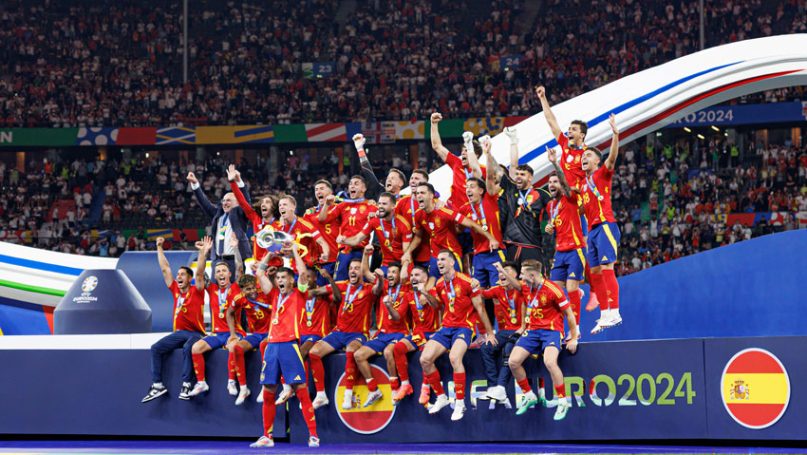The European Union Championship is a concept that encapsulates the spirit of unity, collaboration, and competition among the member states of the European Union. It represents not just a sports event but also a gathering of cultures, traditions, and histories that contribute to the rich tapestry of Europe. As we delve into this championship, we will explore its origins, significance, participating countries, and its impact on the sporting landscape.
The History and Evolution of the European Union Championship
The European Union Championship has evolved over the years from an idea of friendly competition among nations to a formidable event that showcases the best of European talent in various sports. Understanding its history allows us to appreciate how it reflects the changes in the socio-political landscape of Europe FUN88.
Origins of the Championship
The roots of the European Union Championship can be traced back to the post-war era when Europe was striving for reconciliation and unity after the devastation of World War II. The desire to foster connections among nations led to the establishment of various sporting events aimed at promoting friendship and cooperation.
In the early days, competitions were informal, with countries competing in local tournaments without any overarching organization. However, as the European Union began to take shape, so did the need for a formalized structure to manage these competitions. The formation of the EU brought about a renewed emphasis on cultural exchange and collaboration which laid the groundwork for more organized championships.
Institutional Framework and Governance
As the European Union Championship grew in importance, it necessitated the creation of governing bodies that could oversee its operations. This resulted in the establishment of federations that would handle the administration of various sports under one umbrella.
The governance structure ensures that all member states have representation and that the competition adheres to the principles of fairness and integrity. Additionally, it fosters transparency and accountability, allowing fans and participants alike to engage with the championship more deeply. The collaborative effort among nations also serves as a metaphor for the ideals of the European Union itself—unity through diversity.
Expansion of Participating Nations
Over the decades, the championship has seen an increase in the number of participating nations. Initially dominated by Western European countries, it now includes members from Eastern Europe as well. This expansion symbolizes not only the growth of the European Union but also the melting pot of cultures and ideas that enrich the competition.
Each country brings its own unique flavor to the championship, influencing playing styles, strategies, and fan engagement. This diversity not only enhances the quality of the games but also promotes cultural understanding among nations. Sporting rivalries often transcend beyond the game, creating narratives that resonate with fans across borders.
